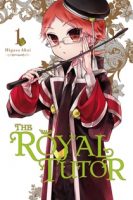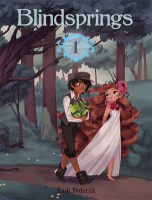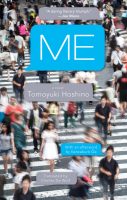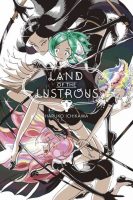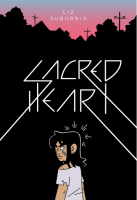It’s once again the final Wednesday of the month which means it’s once again time for the monthly manga giveaway here at Experiments in Manga! For this month’s giveaway, everyone participating will have a chance to win The Royal Tutor, Volume 1 by Higasa Akai as published in English by Yen Press. (The series started out as a digital-only release, so I was very happy when a print edition was announced, too.) As usual, the giveaway is open worldwide!
While I have almost no interest whatsoever in the lives of contemporary royal or imperial families, I find that I actually do have a significant fondness for fictional stories, historical or otherwise, that deal with royal dynasties and their courts. Generally, what particularly captures my attention is the seemingly inevitable court intrigue–the intense relationships that develop between people and the resulting complicated, shifting web of power. Potentially, all of this drama can lead to a very serious story, but some manga like The Royal Tutor are also able to incorporate a fair amount of humor and levity into the narrative.
So, you may be wondering, how can you a copy The Royal Tutor, Volume 1?
1) In the comments below, tell me a little about one of your favorite members of royalty from a manga. (Don’t have a favorite? Simply mention that instead.)
2) If you’re on Twitter, you can earn a bonus entry by tweeting, or retweeting, about the contest. Make sure to include a link to this post and @PhoenixTerran (that’s me).
That’s really all there is to it. Participants in the giveaway have one week to submit comments and can earn up to two entries. Comments can also be sent to me directly via email using the address phoenixterran(at)gmail(dot)com if needed or desired. I will then post those entries here in your name. The giveaway winner will be randomly selected and announced on August 2, 2017. Good luck, everyone!
VERY IMPORTANT: Include some way that I can contact you. This can be an e-mail address in the comment form, a link to your website, Twitter username, or whatever. If I can’t figure out how to get a hold of you and you win, I’ll just draw another name.
Contest winner announced–Manga Giveaway: The Royal Tutor Giveaway Winner

